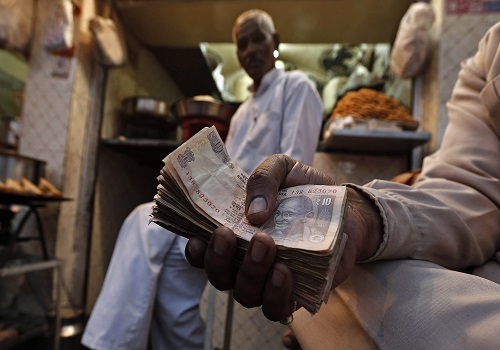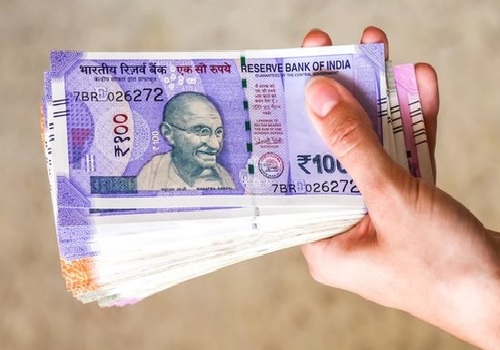Urad Prices Fall as Rainfall and Government Measures Boost Sowing by Amit Gupta, Kedia Advisory
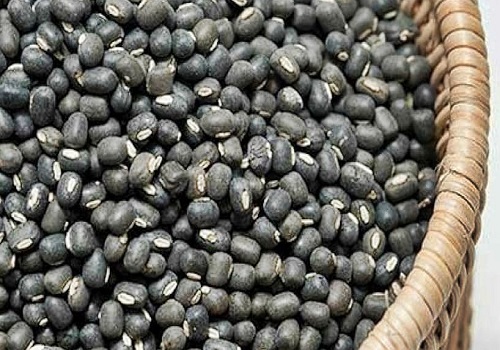
Follow us Now on Telegram ! Get daily 10 - 12 important updates on Business, Finance and Investment. Join our Telegram Channel
Urad prices have softened due to proactive government measures and favorable rainfall increasing the sowing area to 5.37 lakh hectares. Major Urad-producing states are expected to see a bountiful Kharif harvest, aided by pre-registration initiatives for farmers. The Price Support Scheme by NAFED and NCCF is stabilizing the market, leading to a decline in both wholesale and imported Urad prices.
Highlights
Softening Urad Prices: Urad prices have begun to decline, thanks to proactive measures by the Central Government, aimed at stabilizing the market and benefiting consumers with lower costs while ensuring farmers receive favorable prices.
Role of Rainfall: The Union Ministry of Consumer Affairs highlights that good rainfall has significantly increased the sowing area for Urad, reaching 5.37 lakh hectares by July 5, compared to 3.67 lakh hectares last year.
Major Producing States: Key Urad-producing states, including Madhya Pradesh, Andhra Pradesh, Uttar Pradesh, Rajasthan, Tamil Nadu, and Maharashtra, are expected to see an abundant Kharif crop this year, contributing to the positive trend.
Government Encouragement: The government is promoting pulse cultivation among farmers through pre-registration initiatives by NAFED and NCCF, aiming to prepare farmers for the Kharif sowing season and enhance Urad production.
Farmer Participation: In Madhya Pradesh, 8,487 Urad farmers have registered through NCCF and NAFED, with substantial participation from other states like Maharashtra, Tamil Nadu, and Uttar Pradesh, indicating widespread support.
Price Support Scheme: NAFED and NCCF are currently procuring summer Urad under the Price Support Scheme (PSS), which helps stabilize the market and ensures that farmers receive adequate support for their produce.
Wholesale Price Decline: Wholesale prices of Urad have decreased week-on-week, with a 3.12 percent drop in Indore and a 1.08 percent drop in Delhi as of July 6, reflecting the effective measures taken by the government.
Impact on Imported Urad: The positive domestic market dynamics are also influencing imported Urad prices, which are on a declining trend, further benefiting the overall market and ensuring affordability for consumers.
Conclusion
The combination of good rainfall, government interventions, and pre-registration initiatives has positively impacted Urad production and market stability. Increased sowing areas and active procurement under the Price Support Scheme are helping stabilize prices while benefiting both consumers and farmers. As a result, the declining trend in wholesale and imported Urad prices is expected to continue, fostering a healthy domestic market. This holistic approach ensures that the agricultural sector remains resilient and capable of meeting the country's demand for pulses.
Above views are of the author and not of the website kindly read disclaimer










Tag News

Quote on Real Estate Sector 2024 Recap and 2025 Outlook by Mr. Pradeep Aggarwal, Founder & C...

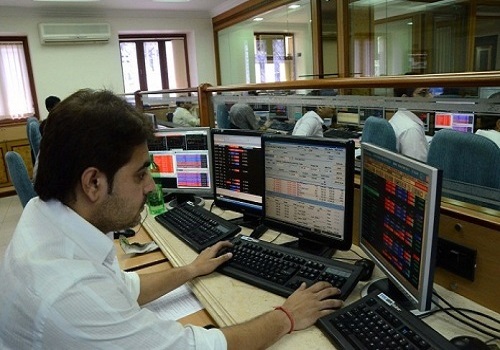

More News

Kharif Crop Sowing Surges Past Normal Levels, Boosting Key Commodities by Amit Gupta, Kedia ...
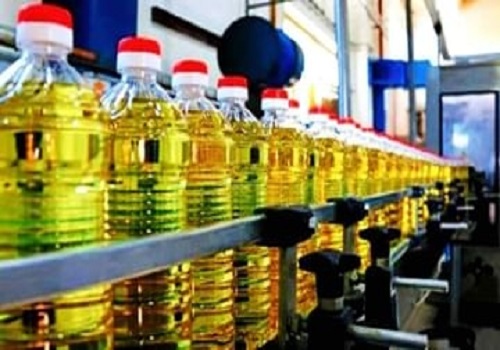
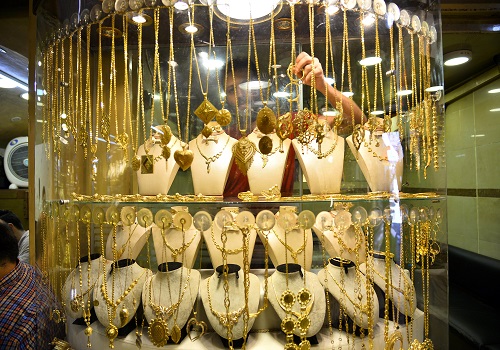



 320-x-100_uti_gold.jpg" alt="Advertisement">
320-x-100_uti_gold.jpg" alt="Advertisement">

